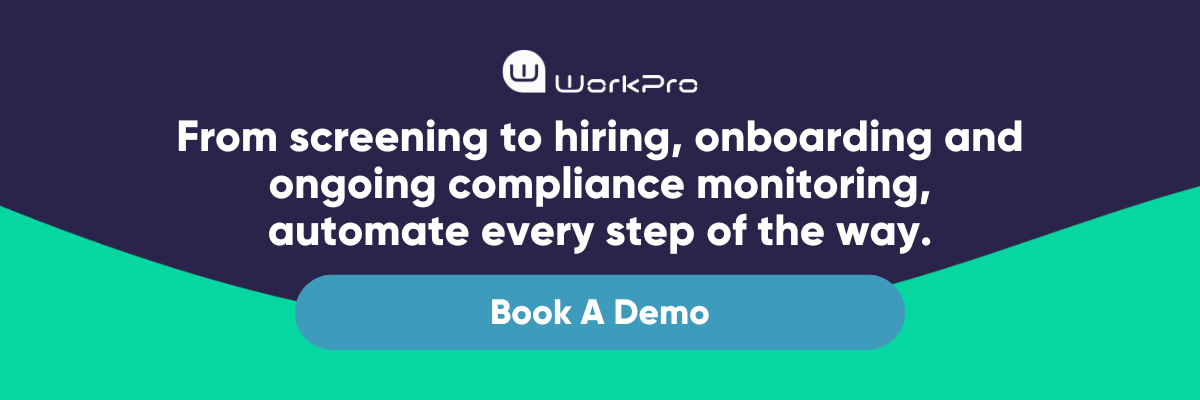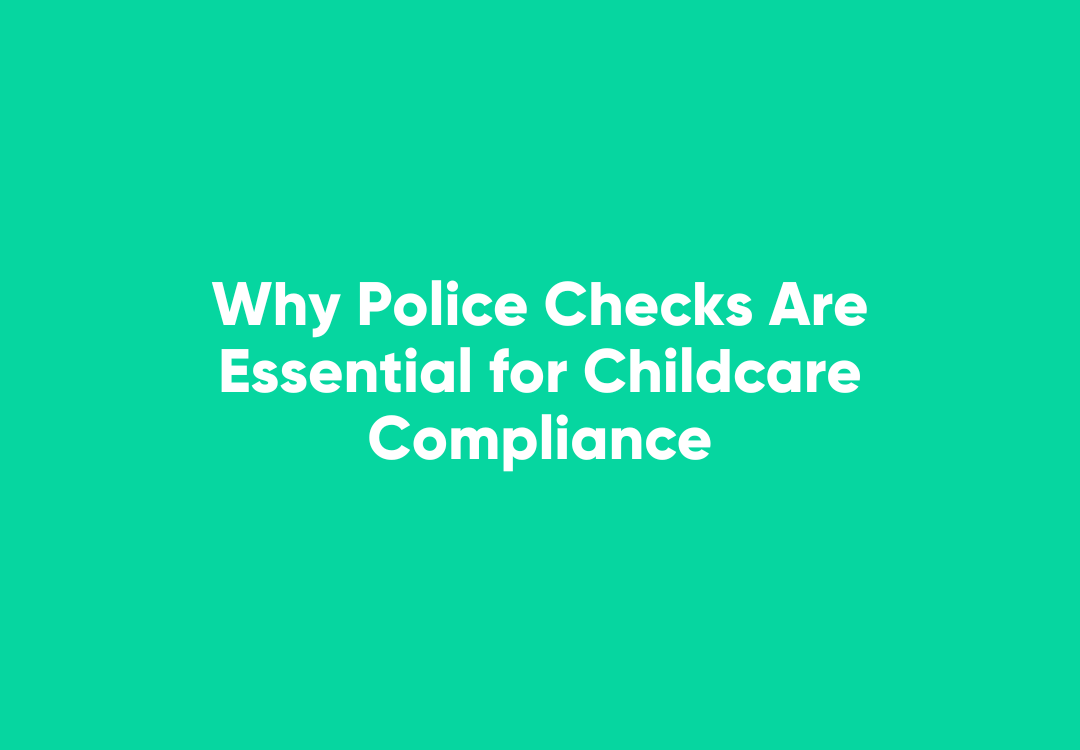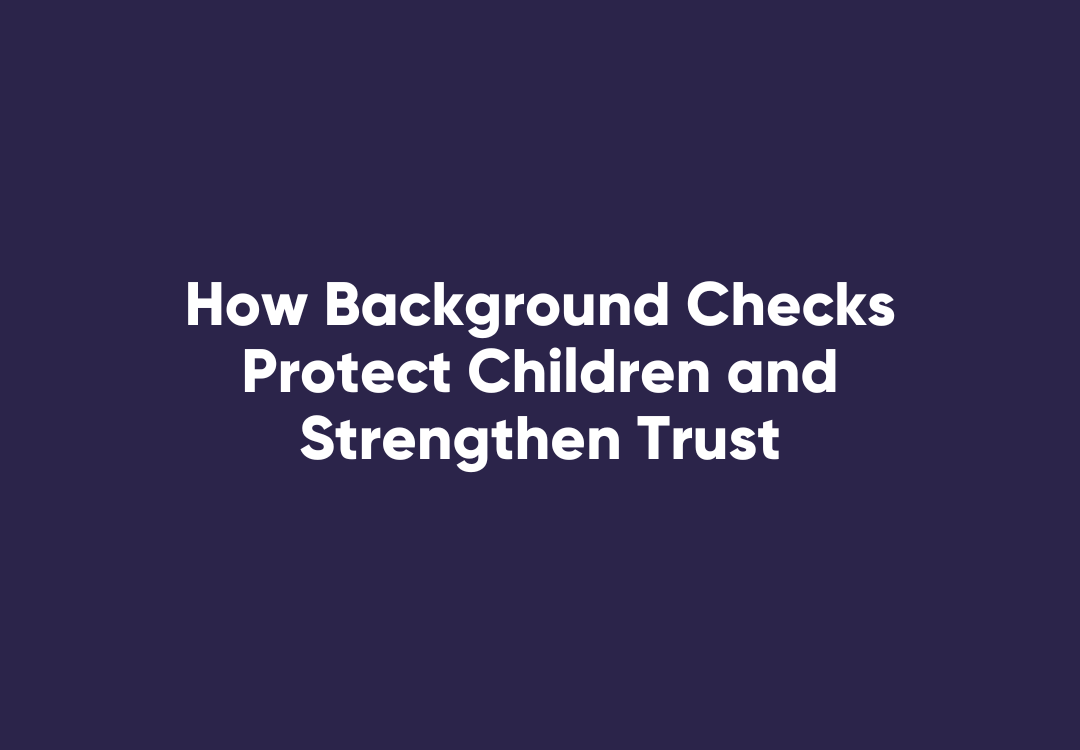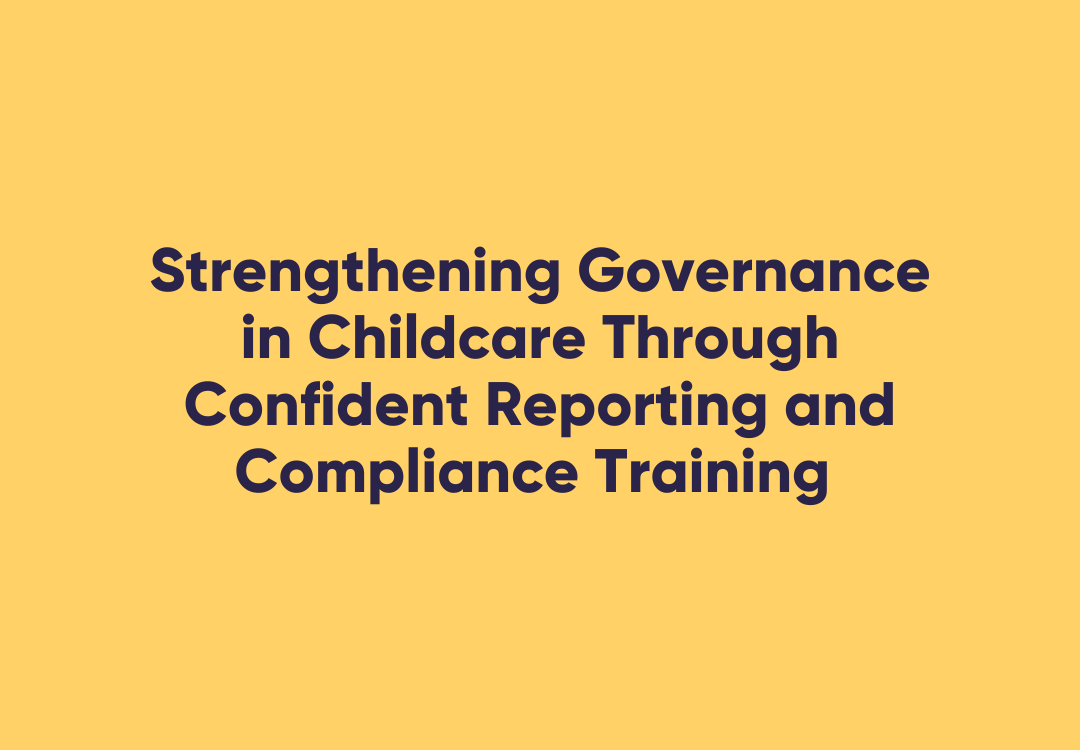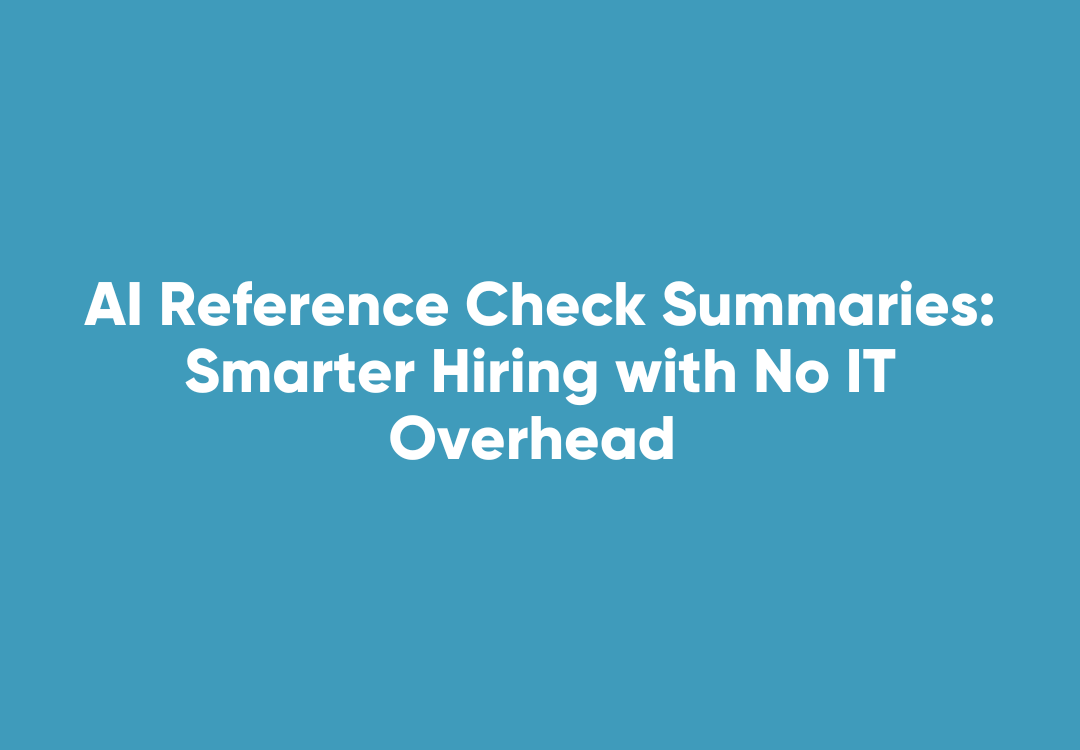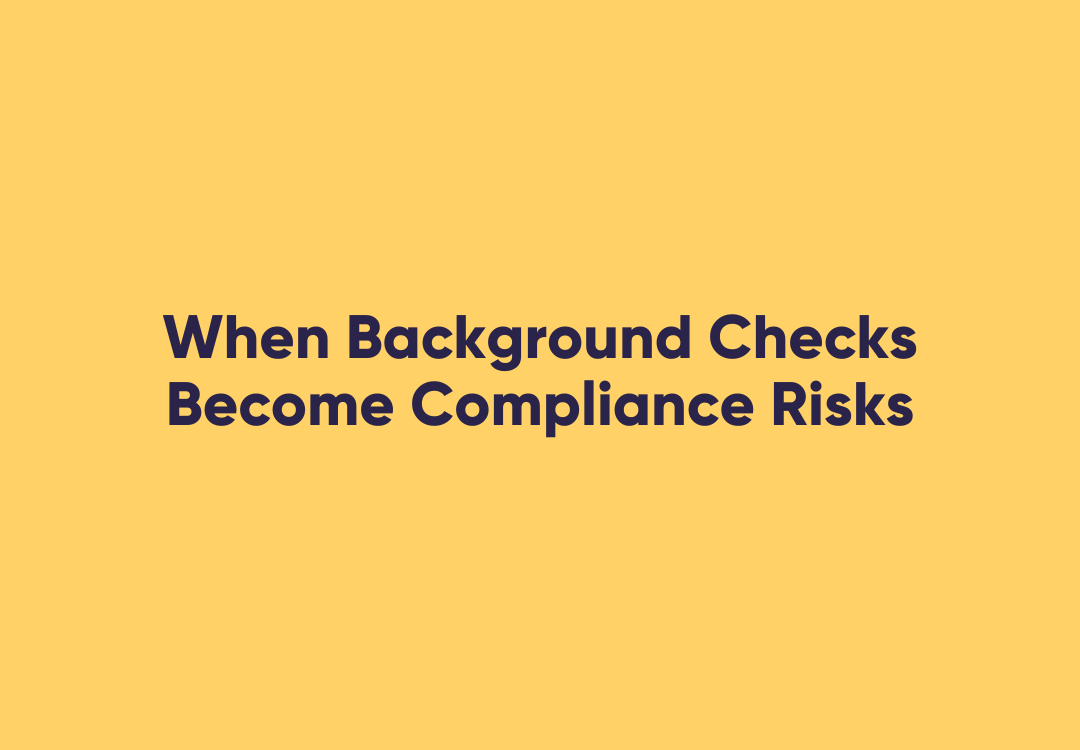HR & Recruitment in 2025 – What’s New, What’s Next
We’re well into 2025, and the HR and recruitment space is shifting fast. New tech, evolving hiring strategies, and tougher workplace laws mean HR professionals need to be more agile than ever.
AI is speeding up recruitment but brings concerns around bias and compliance. At the same time, workplace laws in Australia are tightening, with massive fines for getting it wrong. More companies are moving towards skills-based hiring, prioritising abilities over degrees. And to simplify it all, businesses are ditching multiple HR tools in favour of streamlined, all-in-one platforms.
So, what does this mean for HR teams? Let’s dive into the trends shaping the future of work.
AI and Automation in HR
AI is already a big part of HR, helping with everything from screening CVs to automating repetitive admin. It saves time and improves accuracy, but it’s not perfect. One big issue? Bias. If AI learns from biased data, it can make unfair hiring decisions. HR teams need to keep a close watch to ensure fair and ethical recruitment.
Then there’s job security. Will AI take over HR roles? Not quite. AI is more about handling the routine stuff—freeing HR professionals to focus on people, strategy, and culture.
Workplace Compliance Crackdown
2025 is bringing tougher workplace compliance laws, and the penalties are no joke. Australia’s updated Fair Work Act now criminalises deliberate underpayment of employees, with fines of up to $8.25 million—and even potential jail time for offenders.
HR teams need to stay ahead by ensuring fair wages, workplace safety, and proper hiring practices. Regular audits, clear policies, and manager training are more important than ever.
For a full breakdown of 2025 compliance changes, visit
here.
Skills-Based Hiring Replacing Degree Requirements and Work History Preferences
The old-school hiring model is changing. More companies are ditching strict degree requirements and focusing on skills-based hiring. In fact, 91% of Australian employers are already using this approach.
This shift helps businesses tap into a broader talent pool while giving job seekers more opportunities to showcase their real abilities. Micro-credentials and vocational training are also becoming more popular, offering new ways for people to upskill.
Want to build a stronger workforce based on skills? Read more on WorkPro’s
blog.
HR Tech Consolidation: Less is More
HR teams are rethinking their tech stacks. Having too many disconnected tools creates inefficiencies, data silos, and frustration. That’s why more businesses are switching to all-in-one HR platforms.
By combining recruitment, onboarding, payroll, and compliance in one place, companies can cut costs, improve accuracy, and make HR processes smoother. Integrated systems also provide better data insights, helping HR teams make smarter decisions.
For insights into integrating compliance at every stage of the HR and Recruitment process, read
here.
HR is changing fast in 2025. AI, compliance, skills-based hiring, and HR tech consolidation are shaking up the way businesses recruit and manage people. To stay ahead, HR leaders need to be proactive, adaptable, and open to new ways of working.


